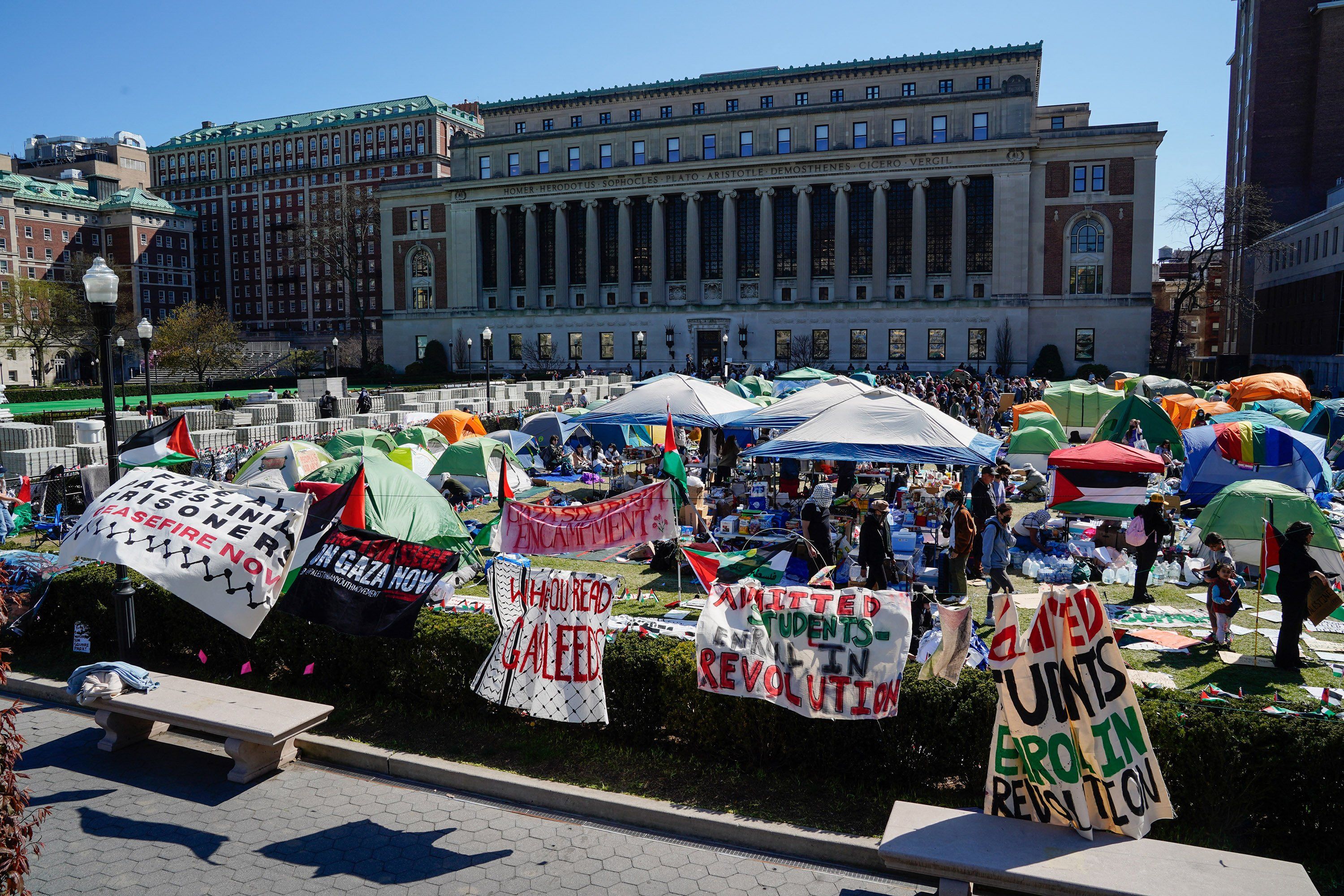3: Columbia University on Monday removed three deans from their positions over antisemitic text messages they exchanged in a group chat during a late-May event about Jewish life on campus in the wake of protests about Oct. 7 and the war in Gaza. The three have been placed on indefinite leave. For our complete on-the-ground coverage of the upheaval at Columbia this spring, led by GZERO’s Riley Callanan, see here.
2: Iran has been ramping up its output of ballistic missiles at two key production facilities, according to satellite imagery. Tehran’s most prominent buyers of the missiles include the Houthi rebels in Yemen, Hezbollah paramilitaries in Lebanon and, of course, Vladimir Putin’s Russia, which signed a missile deal with Iran in 2022.
3,000-4,000: A new UN report alleges that 3,000-4,000 regular Rwandan Army forces are fighting alongside M23 rebels in the eastern Democratic Republic of Congo, a serious allegation that follows years of accusations that Rwanda is deliberately destabilizing its neighbor. Alarmingly, the report also implicates Uganda — which had deployed a force to fight the rebels as part of a regional military intervention to support Congo — in providing support for M23, essentially playing both sides of the conflict.
305: Deforestation in Colombia fell by more than a third last year, to just 305 square miles, the lowest figure on record. The decline comes atop a 20% fall the previous year. About half of the deforestation was in the Colombian Amazon. President Gustavo Petro has sought to rein in corporate access to the rainforest, but orders from local guerilla groups to stop cutting down trees have also helped. Experts warn that despite progress, droughts caused by the hot-weather El Niño weather pattern this year could push up deforestation.
